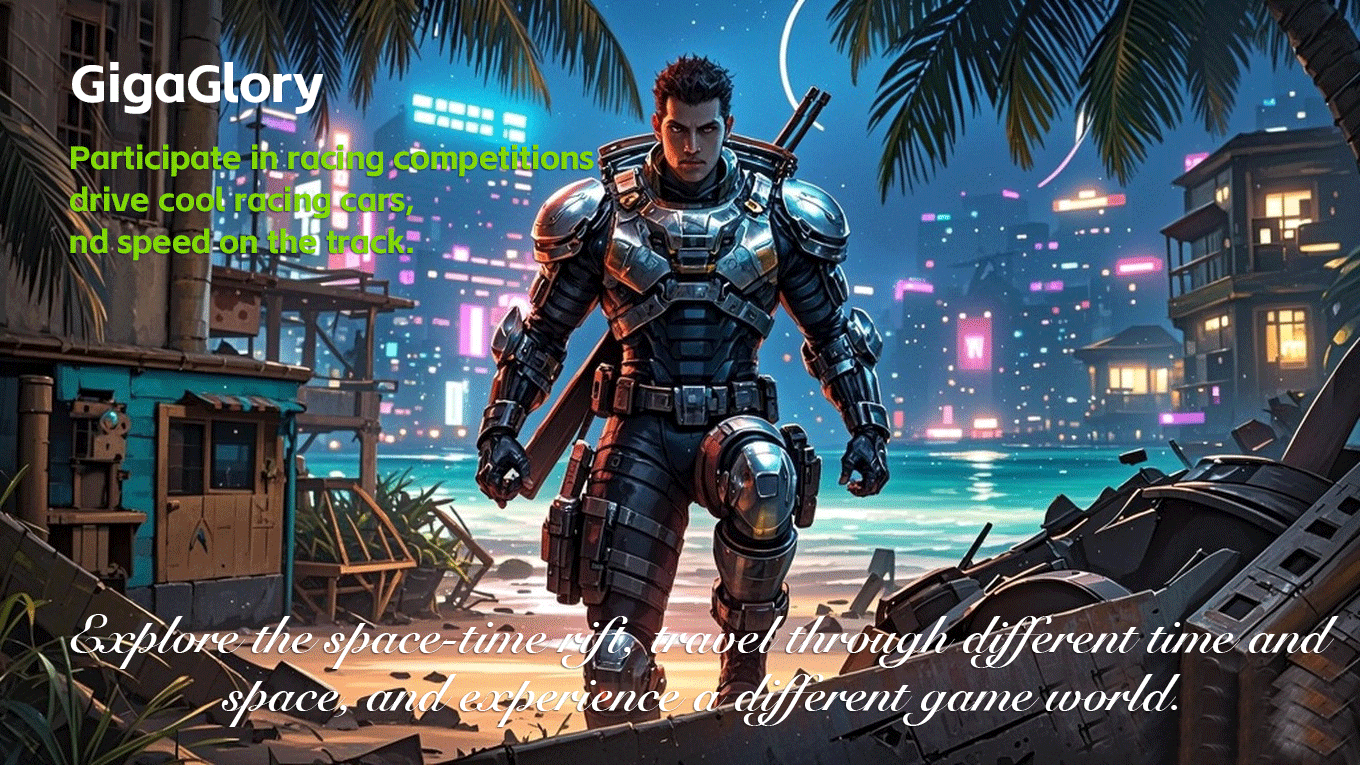From Classics to Innovations: The Evolution of RPG PC Games in Today's Digital Landscape
RPG (Role-Playing Game) PC games have a rich history that encompasses countless adventures, character developments, and immersive worlds. From the early days of simple text-based interfaces, we’ve seen these games evolve into complex narratives filled with breathtaking graphics and robust gameplay mechanics. Today, we dive deep into the evolution of RPG PC games, highlighting key changes and the current direction they’re heading in.
The Humble Beginnings of RPG PC Games
Back in the late 1970s and early 1980s, RPGs started to emerge on personal computers. Text-based adventures like Colossal Cave Adventure laid the groundwork for interactive storytelling. Players made choices through typed commands, navigating through simple maps and encountering challenges purely through text. It was a world governed by imagination.
The Golden Age of RPGs
The 1990s brought a significant transformation. Titles like Final Fantasy VII and Baldur's Gate popularized the use of graphics, cinematic storytelling, and character development. This era introduced unforgettable characters and multi-layered plots, pushing the boundaries of what RPGs could encompass. Additionally, the rise of multiplayer online RPGs (MMORPGs) marked a critical shift. Games such as World of Warcraft forged communities that fostered collaboration and competition.
Technological Advancements and Their Impact
The advancements in technology have been pivotal for the RPG landscape. Graphics improved dramatically, thanks to better hardware and software capabilities. The introduction of 3D rendering allowed developers to create expansive and detailed worlds that captivated players. Likewise, sound design and voice acting added depth to characters and settings, making gameplay more immersive.
The Emergence of Indie RPGs
As accessibility to game development increased, indie RPGs began to flourish. Games like Undertale showcased unique artistic styles and narratives that diverged from mainstream titles. These indie gems challenged traditional gameplay mechanics and storytelling, resulting in experiences that resonated deeply with players.
Current Trends in RPG PC Games
Today, we witness the blending of genres. RPGs incorporate elements from shooters, action games, and simulations, resulting in hybrid games that offer rich gameplay experiences. One noteworthy example is Monster Hunter: World, combining action and RPG mechanics.
Korok Block Puzzle: A Case Study from Tears of the Kingdom
In “Tears of the Kingdom,” players encounter the Korok Block Puzzle, an intricate aspect of gameplay that emphasizes problem-solving. This puzzle is a unique representation of how RPGs are moving towards more interactive and engaging gameplay mechanics that challenge the player’s intellect as much as their combat skills.
Space Survival Games: A New Frontier
Recently, RPGs have taken players beyond traditional fantasy realms and into the cosmos. Space survival games blend exploration with survival mechanics, captivating players who crave a sense of adventure. Titles like No Man's Sky and Starbound redefine exploration in the genre, constantly pushing boundaries and providing infinite possibilities.
Table: Evolution of RPG PC Games
| Era | Key Titles | Key Features |
|---|---|---|
| 1970s-1980s | Colossal Cave Adventure | Text-based, simple graphics |
| 1990s | Final Fantasy VII, Baldur's Gate | Cinematic storytelling, graphics, character development |
| 2000s | World of Warcraft | Multiplayer, expansive worlds |
| 2010s-Present | Undertale, Monster Hunter: World | Indie innovation, genre blending |
Future Considerations for RPG Game Development
- Player Choice and Consequences: Contemporary RPGs are increasingly focusing on player agency. Games are offering choices that significantly impact the game world.
- Cross-Platform Play: With the rise of cloud gaming, enabling players to engage on multiple devices is becoming essential.
- Enhanced AI: AI-driven NPCs are crucial for creating lifelike interactions within game environments, enhancing immersion.
Player Community and Interaction
The RPG community has blossomed thanks to online forums and social media. Players share experiences, strategies, and creativity through modding, influencing future game development. Community-driven content adds richness to games, allowing players to further enjoy and experience their favorite titles.
Conclusion: The Future of RPG PC Games
RPG PC games have come a long way, showcasing the trajectory of technological advancements and player expectations. As we continue to witness innovations, like the integration of space survival games into RPGs, we also recognize the importance of community engagement and the evolving dynamics of gameplay. Ultimately, the future holds endless possibilities for these captivating worlds. Exciting times lie ahead for both developers and players alike!



